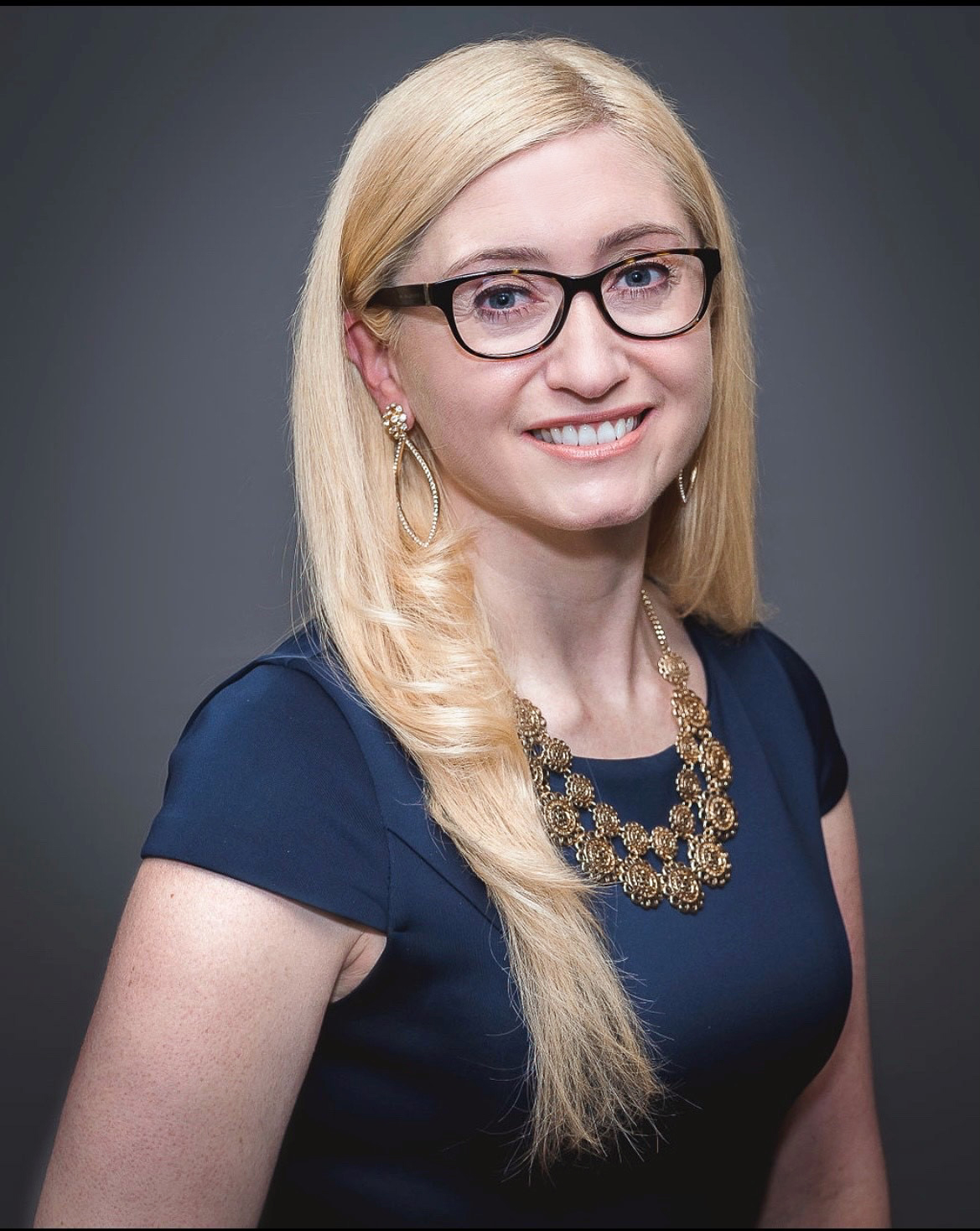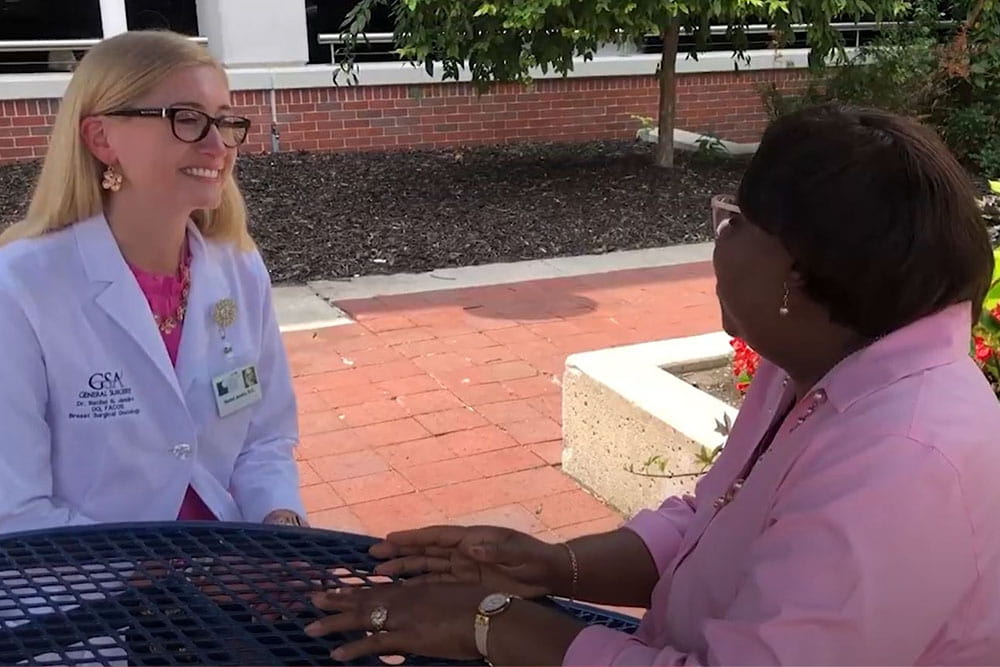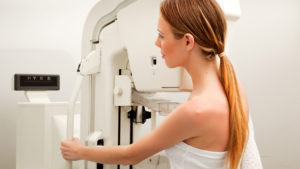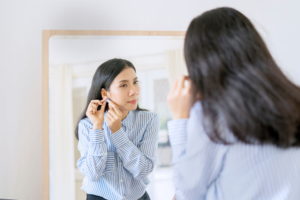As a doctor, my training and focus is entirely on breast health. I love my patients and love what I do. One thing that is extremely important to me is empowering women to take control of their health – especially their breast health.
Did you know breast cancer affects 1 in 8 women? This means that the average woman has a 12% risk of developing breast cancer in her lifetime. But, the risk can increase with certain factors such as a family history of breast cancer or lifestyle habits.
While there are some things you can’t change, there are many you can. Being informed and actively engaged is the best way to take care of yourself. You have to know your history and your body. No one will take care of you like you will. Be your best advocate!
Here are a few breast cancer facts to help you.
9 Factors that Increase Your Risk for Developing Breast Cancer
- Family history of breast cancer
- Alcohol intake
- Smoking tobacco
- Not having children
- Starting your menstrual cycle before age 12
- Starting menopause after age 55 (longer exposure to estrogen in your life)
- Taking hormone replacement therapy
- An inactive lifestyle
- Having a breast cancer gene mutation such as BRCA – this is determined through genetic testing
6 Factors that Decrease Your Risk for Developing Breast Cancer
- No tobacco
- Minimal alcohol intake
- Routine exercise
- Not taking hormone replacement
- Being at your ideal body weight
- Breastfeeding
What Does the Research Show, and What Do I Need to Know
Alcohol Consumption: Compared to women who don’t drink at all, women who have 3 alcoholic drinks per week have a 15% higher risk of breast cancer. Experts estimate that the risk of breast cancer goes up another 10% for each additional drink women regularly have each day.
Exercise: Research shows a link between exercising regularly at a moderate or intense level for 4 to 7 hours per week and a lower risk of breast cancer. Exercise consumes and controls blood sugar. It also limits blood levels of insulin growth factor, a hormone that can affect how breast cells grow and behave. People who exercise regularly tend to be healthier. They are more likely to maintain a healthy weight and have little or no excess fat compared to people who don’t exercise.
Fat cells make estrogen and extra fat cells make extra estrogen. When breast cells are exposed to extra estrogen over time, the risk of developing breast cancer is higher.
Ideal Body Weight: Overweight and obese women — defined as having a BMI (body mass index) over 25 — have a higher risk of being diagnosed with breast cancer compared to women who maintain a healthy weight, especially after menopause. Being overweight also can increase the risk of the breast cancer coming back (recurrence) in women who have had the disease. This higher risk is because fat cells make estrogen; extra fat cells mean more estrogen in the body, and estrogen can make hormone-receptor-positive breast cancers develop and grow.
Breastfeeding: Breastfeeding can lower your breast cancer risk, especially if you breastfeed for longer than one year. There is less benefit for women who breastfeed for less than a year, which is more typical for women living in countries such as the United States.
Signs and Symptoms of Breast Cancer
- Breast mass (or a lump in your breast)
- Breast redness
- Breast skin dimpling
- Nipple inversion
- Nipple discharge
- Nipple and areolar scaling, thickening or redness
- A mass (lump) in the underarm area
Breast Cancer Screening
Early detection is your best defense. Take these steps for peace of mind.
- Start your self breast exams in your 20s
- Start your mammograms at age 40
- Start your mammograms earlier if a family member had breast cancer at a young age
- Always get a 3D mammogram
- If you have dense breast tissue:
- Get an MRI six months after your mammogram
- Whole breast ultrasound can be used in addition to a mammogram
Follow up for the Care You Need
If you notice a concerning change in your breasts, schedule an appointment with your doctor. Make sure you share your concerns and the issue is investigated. Any change in your breasts should prompt an exam and diagnostic imaging.
Take care of yourself and be your best advocate!
Get More Information & Tips with our Podcast: 3 Ways to Beat Breast Cancer
Dr. Jendro shares ways to prevent breast cancer, detect it and treat it with personalized care.

Rachel N. Jendro, DO, FACOS, fellowship trained breast surgical oncologist
Dr. Rachel Jendro completed medical school in Kentucky, followed by a five-year general surgery residency in Ohio. She continued her training at Moffitt Cancer Center in Florida, completing a breast surgical oncology fellowship. Her focus is exclusively on breast care, treatment and surgery.









